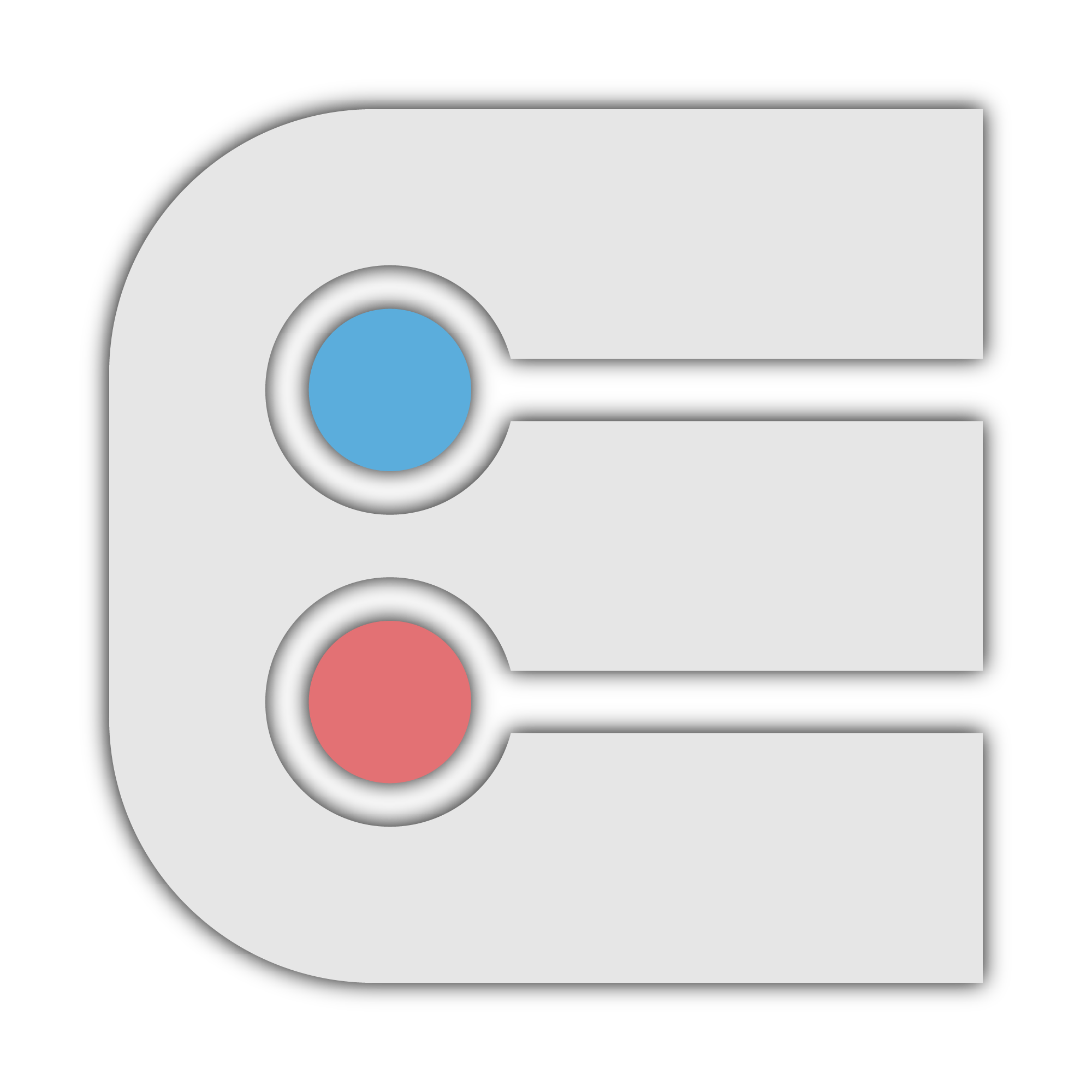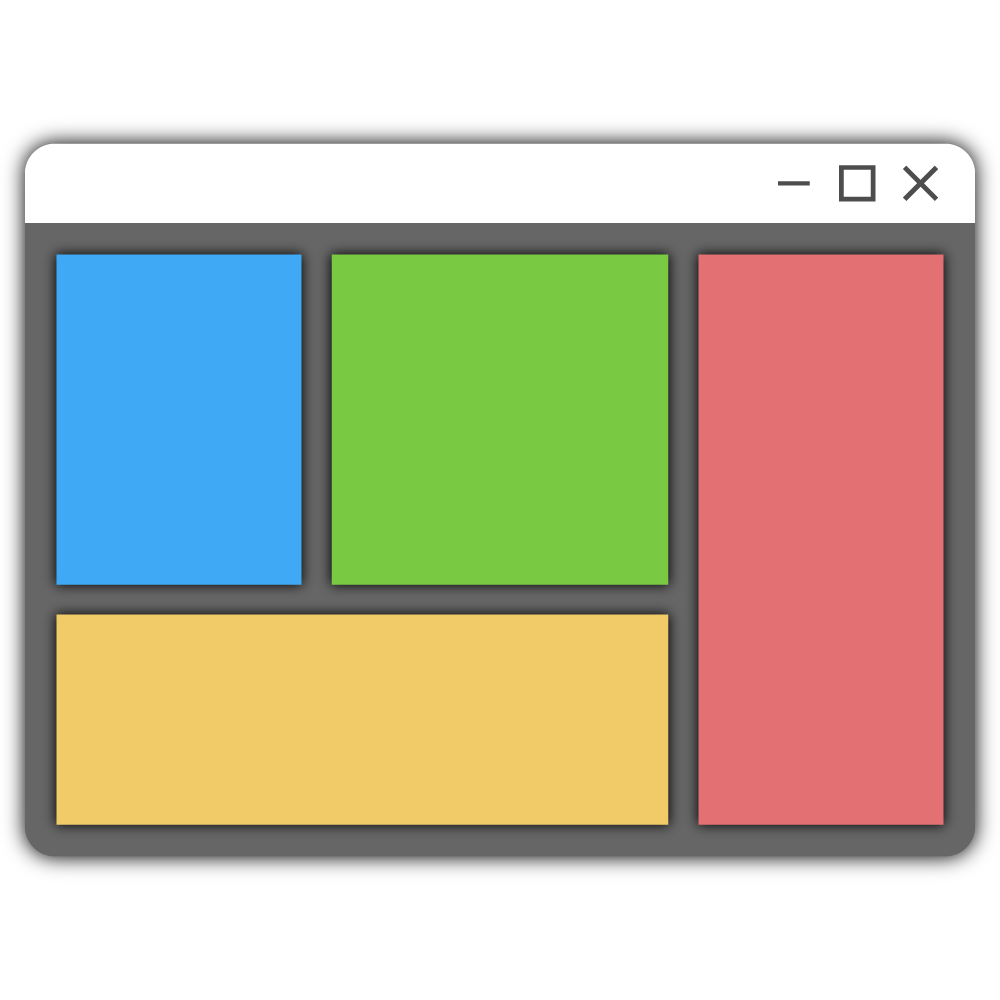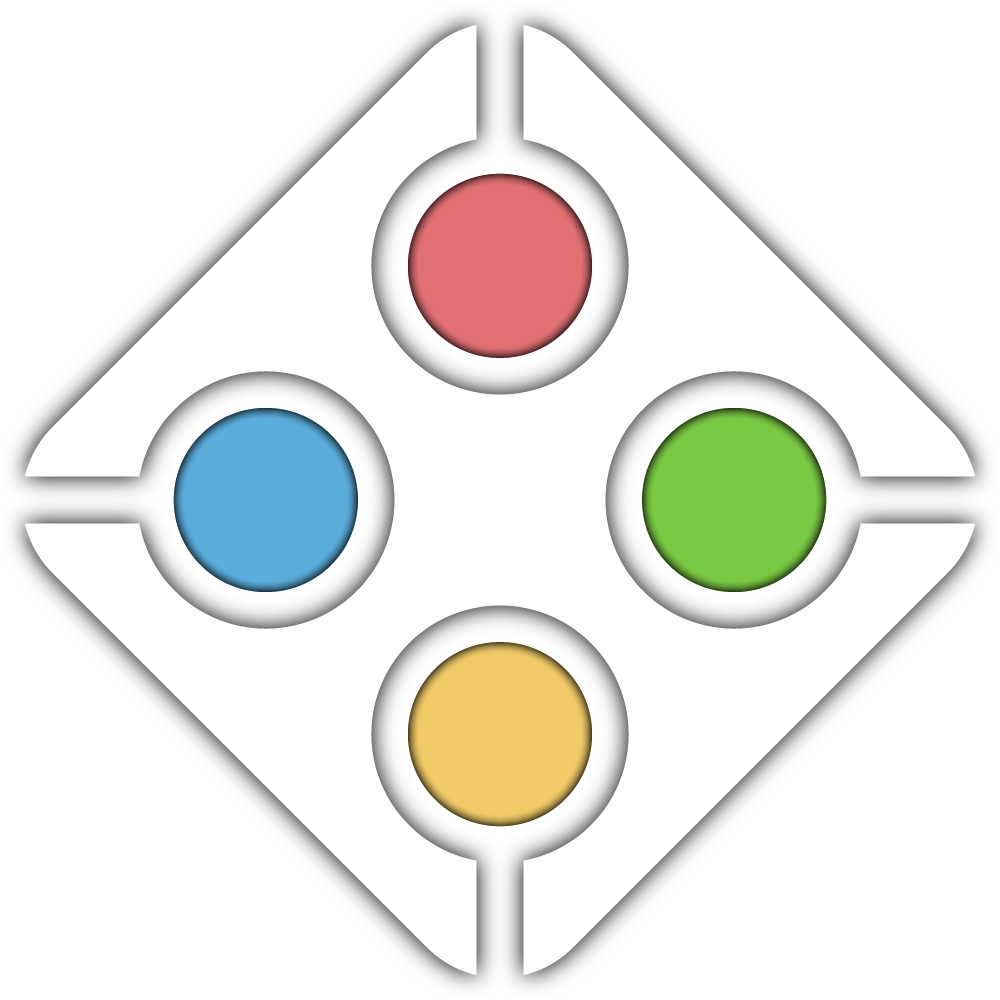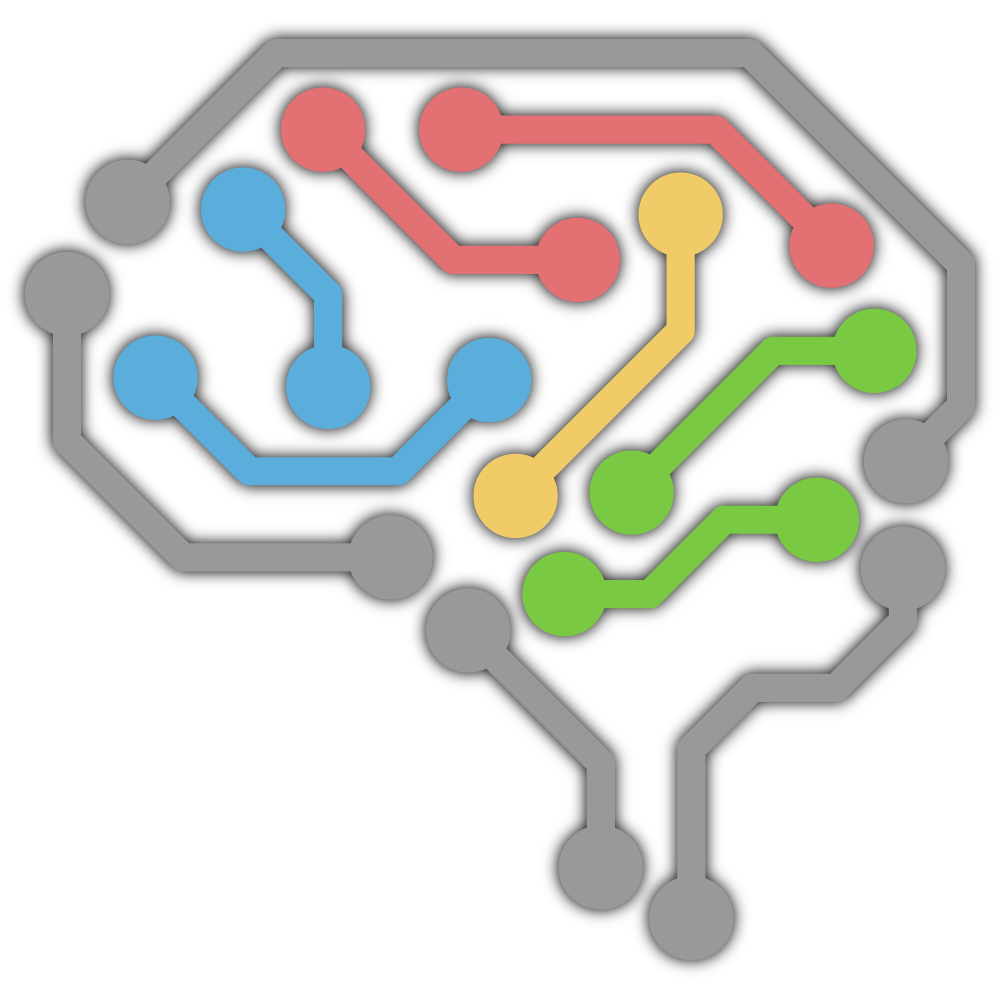
Experiences
What is an Experience?
An Experience is the top-level structure used to define interactive tasks within the LABO framework. It acts as a container for organizing and executing a sequence of modular elements called Epochs.
- Flexible – Suitable for both traditional 2D experiments and immersive 3D simulations.
- Platform-agnostic – Deployable to any platform supported by Unity, including desktop, mobile, and XR.
- Reusable and modular – Built from configurable components that promote consistency and rapid iteration.
Types of Experiences
Originally developed for behavioural experiments in psychology and neuroscience, Experiences now support a wide range of use cases, including:
- Behavioural Research – Conduct cognitive assessments, attention and perception tasks, or social interaction studies.
- Clinical Trials – Develop and validate outcome measures for assessing interventions in mental health, neurodegenerative diseases, or developmental disorders.
- Training Simulations – Create interactive skill-building environments for clinical reasoning, medical device usage, or patient communication.
- Healthcare Assessment – Build screening tools or digital biomarkers for detecting functional impairments, decision-making challenges, or motor coordination issues.
By supporting both traditional and immersive designs within a single system, LABO enables researchers to directly compare different experimental approaches. This helps reduce barriers to adopting new methods by maintaining continuity with familiar task formats.
Structure of an Experience
An Experience is organized into segments called Epochs, which define the flow and phases of the task. This segmented design offers several advantages:
- Clear Phase Separation – Makes it easier to manage complex interactions and simplifies data interpretation by aligning logged data with well-defined experimental phases.
- Flexible Flow Control – Supports both rote sequences and dynamic branching through condition-based logic, allowing for repetition, targeted progression, or early exits—all without code.
- Reusability and Modularity – Epochs and their configurations can be reused across multiple Experiences to promote consistency and streamline development.
- Code-Free Logic – All transitions and branching rules are defined through LABO’s user interface, with no scripting required.
These features make LABO suitable for both straightforward and highly adaptive experimental protocols.



